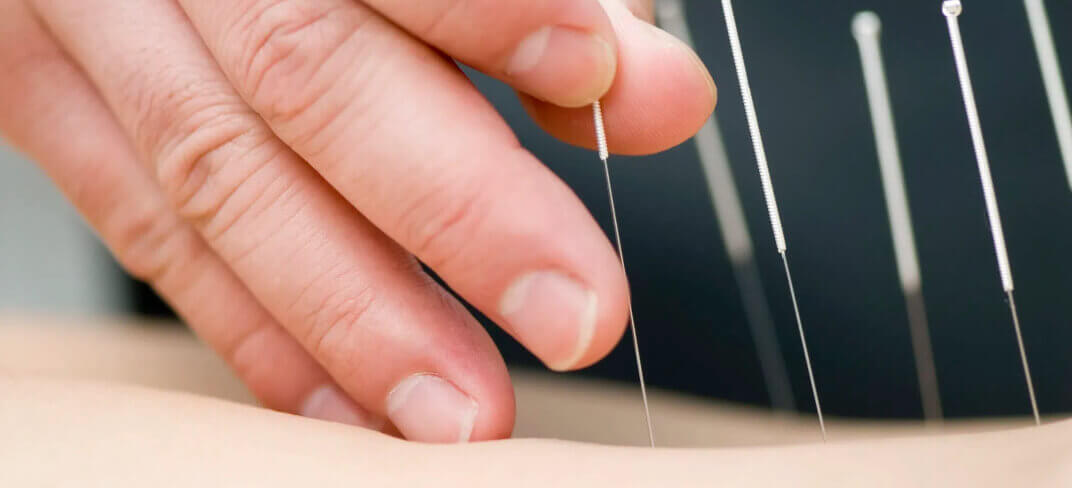The Benefits of Acupuncture. Interview with Dr. Salvatore Dell'Aquila.

Acupuncture is a millennia-old practice that still represents the main pillar of Traditional Chinese Medicine, according to which the state of good health of the living organism depends on maintaining the state of balance of the energies that flow through it. To learn more, we interviewed Dr. Salvatore Dell'Aquila, a medical surgeon with more than 30 years of experience in Complementary Medicine, Acupuncture and Traditional Chinese Medicine.
Dr. Dell'Aquila, can you explain what acupuncture is and where it originated?
The origins of the therapeutic practice in Acupuncture date back to at least 250 B.C., the time to which some classical texts still in use date, but it is estimated that the method can go back much further. Acupuncture originated as part of Traditional Chinese Medicine, recognized by the World Health Organization, and since it was discovered and introduced into the European sphere (18th century), it has combined the knowledge of the ancient Eastern tradition with that of modern medicine. It is often used in an integrated way with other treatments, proving effective for multiple human health problems.
What disorders can benefit from acupuncture?
Acupuncture is indicated for a wide range of disorders. As is well known, it is particularly effective for treating joint, muscle and tendon pain, whether of inflammatory or degenerative origin, such as osteoarthritis and arthritis, or acute or post-traumatic. It is also successfully applied to many of the diseases involving autonomic regulatory systems-such as the cardiovascular, gastrointestinal, nervous, hormonal, and immune systems-as long as there is no very advanced damage to organ structures.
Common ailments treated with acupuncture include sciatica, knee, shoulder, elbow, back and neck pain, migraines, neuropathies, and also gastrointestinal disorders, respiratory diseases, heartbeat alterations, hormonal dysfunction, mood alterations, and so on.
How does acupuncture work on the body to promote well-being?
Essentially, the therapeutic method is based on the concept that since any illness can be interpreted as an imbalance in the flow of the energies that run through the body and make it function, it is possible to correct said imbalance by inserting fine needles into specific points located in the unfolding of the pathways along which the energies flow.
What are the main benefits for those who choose acupuncture?
Acupuncture is a treatment with virtually no side effects, offering relief not only in joint and muscle diseases but also for functional syndromes that are difficult to treat by Western medicine. It is effective in enhancing immune responses against bacterial and viral infections, supporting the body during cancer therapies, and facilitating the pathway to quitting smoking or psychotropic substances. It also effectively complements conventional medicine treatments, complementing their action. With its ability to rebalance body and mind, acupuncture proves to be a valuable ally for those seeking an integrated and personalized approach to health.
Learn more about the Acupuncture and Traditional Chinese Medicine service at UPMC Salvator Mundi International Hospital.